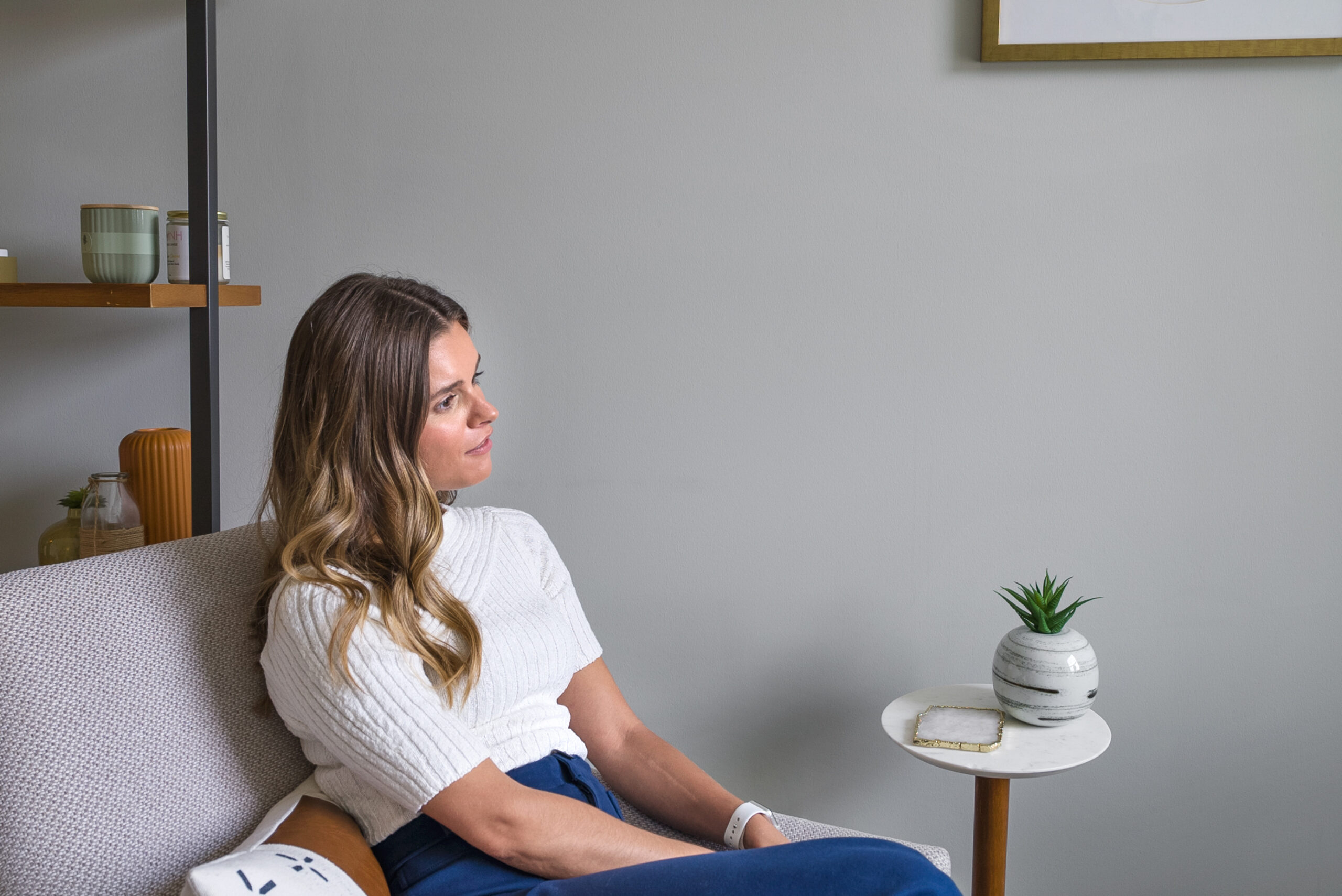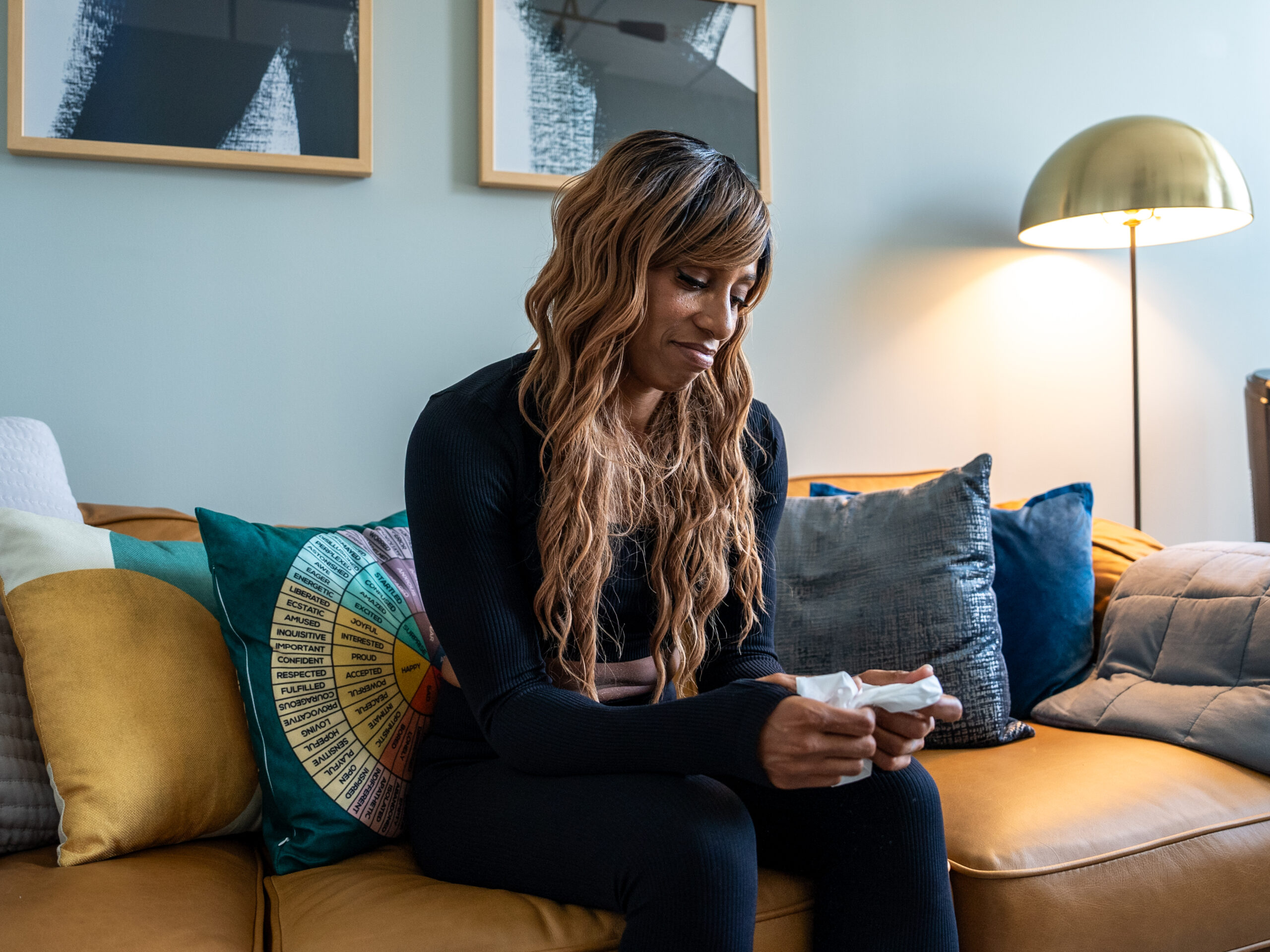Couples Therapy
- Home
- Couples Therapy
COUPLES THERAPY FOR ADULTS (18+)
Practical, compassionate, research-informed care to improve communication, rebuild trust, navigate infidelity, plan for family, honor neurodiversity, and deepen intimacy.
UNDERSTANDING COUPLES THERAPY

Strong relationships are built—not found. Stress, mismatched styles, neurodivergence, identity differences, life transitions, and betrayal can put couples into attack/defend, pursue/withdraw, or shutdown cycles. Therapy helps you see the pattern, pause the escalation, and choose connection-protective responses—so safety, friendship, and commitment grow again.
- Communication: turn criticism/defensiveness into clarity, validation, and effective requests.
- Trust & Repair: rebuild safety with transparency, accountability, and consistent follow-through.
- Intimacy: address desire differences, pressure cycles, and pain/avoidance with consent-centered care.
- Neurodivergence: translate needs across processing styles and executive-function differences.
RELATIONSHIP SCIENCE (PSYCHOEDUCATION)

- Nervous system & conflict: when threat spikes, listening shuts down. Grounding and time-outs protect the bond so problems can be solved.
- Attachment patterns: pursue/withdraw cycles are attempts to feel safe; new patterns of reaching and responding can be learned.
- Repair attempts: quick, sincere repairs lower resentment and shorten fights. We teach micro-repairs that actually land.
- Intimacy & desire: pressure kills desire; safety and novelty revive it. We rebuild approach patterns and sex-positive communication.
- Neurodiversity: executive-function, sensory, and communication differences require explicit agreements and visual systems.
THERAPY OPTIONS AT ASTUTE

- Communication Coaching
- Conflict de-escalation, reflective listening, needs-based requests, and repair language that works under stress.
- Trust Rebuilding & Infidelity Recovery
- Affair disclosure structure, accountability plans, trauma-informed healing for the injured partner, and timelines for transparency.
- Neurodivergent–Neurotypical Partnerships
- Strength-based, explicit agreements; divide/define tasks; sensory-aware intimacy planning; routines that support both partners.
- Intimacy & Sexual Wellness
- Low-desire cycles, sexual avoidance, performance anxiety; collaborate with medical/sex therapy referrals when needed.
- Family Planning & Fertility Journeys
- Decision-making, roles, grief after losses, adoption/surrogacy readiness, parenting values, and boundary scripts for family systems.
- Money, Roles, & Household Systems
- Fair-play style workloads, financial transparency, weekly meetings, and friction-reducing workflows.
AREAS WE HELP

- Communication breakdowns, criticism/defensiveness, stonewalling
- Trust injuries, secrecy, infidelity, and affair recovery
- Neurodivergent–neurotypical dynamics (ADHD/autism-informed)
- Intimacy, desire differences, sexual pain (with medical collaboration)
- Family planning, fertility stress, adoption/surrogacy decisions
- Financial conflict, division of labor, and boundaries with in-laws
- Intercultural/interfaith relationships and identity-based stress
- Life transitions: moving, career shifts, caregiving, grief
COORDINATED SUPPORT

- Collaboration with primary care, psychiatry, pelvic floor PT, and sex therapy as needed
- Referrals for medical evaluation (e.g., hormonal, pain, sleep) when appropriate
- Documentation for work/education accommodations as applicable
WHAT TO EXPECT
- Map: define the pattern, pain points, and shared values; set measurable goals.
- Plan: create a repair roadmap (communication, trust, intimacy, systems).
- Practice: in-session roleplays + at-home rituals of connection and weekly check-ins.
- Maintain: relapse-prevention, conflict “early warning” signs, and tune-ups.
WHY CHOOSE ASTUTE
- Adults-only practice (18+) with inclusive, trauma-informed care
- Neurodiversity-affirming and sex-positive, consent-centered approach
- Research-informed with practical tools you can use immediately
- In-person (Lakeview, Chicago) and telehealth for Illinois adults
SUGGESTED HOLISTIC SUPPORTS

- Somatic movement & restorative yoga for regulation and connection
- Mindfulness for reactive cycles and communication presence
- Sound bath or Reiki for stress relief and nervous-system reset
Note: Holistic services complement therapy and do not replace medical care.
IN CRISIS?
If you are in crisis, please contact your nearest ER immediately.National Suicide & Crisis Lifeline: 988 • Text: HOME to 741741
Types of Therapeutic Modalities We use In Sessions
The Gottman Method
Developed by: Drs. John and Julie Gottman
Focus: Strengthening friendship, managing conflict, and creating shared meaning.
Goal: Increase positive interactions and reduce the “Four Horsemen” (criticism, contempt, defensiveness, stonewalling).
Techniques: Love Maps, Softened Startups, Conflict Regulation, and the Sound Relationship House model.
Highly structured and often includes questionnaires and measurable interventions.
Build Love Maps
How well do you know your partner’s inner psychological world, his or her history, worries, stresses, joys, and hopes?
Share Fondness and Admiration
The antidote for contempt, this level focuses on the amount of affection and respect within a relationship. (To strengthen fondness and admiration, express appreciation and respect.)
Turn Towards Instead of Away
State your needs, be aware of bids for connection and respond to (turn towards) them. The small moments of everyday life are actually the building blocks of relationship.
The Positive Perspective
The presence of a positive approach to problem-solving and the success of repair attempts.
Manage Conflict
We say “manage” conflict rather than “resolve” conflict, because relationship conflict is natural and has functional, positive aspects. Understand that there is a critical difference in handling perpetual problems and solvable problems.
Make Life Dreams Come True
Create an atmosphere that encourages each person to talk honestly about his or her hopes, values, convictions and aspirations.
Create Shared Meaning
Understand important visions, narratives, myths, and metaphors about your relationship.
Trust
This is the state that occurs when a person knows that his or her partner acts and thinks to maximize that person’s best interests and benefits, not just the partner’s own interests and benefits. In other words, this means, “my partner has my back and is there for me.”
Commitment
This means believing (and acting on the belief) that your relationship with this person is completely your lifelong journey, for better or for worse (meaning that if it gets worse you will both work to improve it). It implies cherishing your partner’s positive qualities and nurturing gratitude by comparing the partner favorably with real or imagined others, rather than trashing the partner by magnifying negative qualities, and nurturing resentment by comparing unfavorably with real or imagined others.
Emotionally Focused Therapy (EFT)
Developed by: Dr. Sue Johnson and Dr. Les Greenberg
Focus: Attachment and bonding between partners.
Goal: Help couples identify and express underlying emotional needs and fears (often related to attachment injuries), and build secure emotional bonds.
Effective for: High-conflict couples, trauma recovery, and attachment insecurities.
Core stages:
De-escalate negative interaction cycles
Restructure emotional responses
Consolidate new emotional patterns and connection
Imago Relationship Therapy
Developed by: Drs. Harville Hendrix and Helen LaKelly Hunt
Focus: Unconscious patterns from childhood that shape adult romantic relationships.
Goal: Help partners understand and heal old wounds through conscious communication.
Technique: The Imago Dialogue, where one partner speaks while the other mirrors, validates, and empathizes — fostering safety and understanding.
Cognitive-Behavioral Couples Therapy (CBCT)
Focus: Identifying and modifying unhelpful thoughts, emotions, and behaviors that harm the relationship.
Goal: Replace negative interaction patterns with positive communication and problem-solving.
Effective for: Couples struggling with distorted thinking, conflict cycles, or poor communication.
Often includes: Homework, skills practice, and behavioral change assignments.
Integrative Behavioral Couples Therapy (IBCT)
Developed by: Drs. Andrew Christensen and Neil Jacobson
Focus: Acceptance and behavior change.
Goal: Combine traditional behavioral interventions (communication skills, problem-solving) with acceptance-based strategies to help partners tolerate differences.
Emphasizes: Emotional acceptance and compassion over trying to “fix” each other.
Narrative Therapy for Couples
Focus: Externalizing problems (“the problem is the problem, not the person”).
Goal: Help couples rewrite their shared story and separate their relationship from destructive narratives.
Technique: Re-authoring conversations that allow partners to see their relationship in a new, more empowering way.
Solution-Focused Couples Therapy
Focus: Building solutions rather than analyzing problems.
Goal: Identify and amplify what’s already working.
Techniques: The Miracle Question, scaling questions, and goal setting.
Useful for: Couples seeking short-term, goal-oriented work.
Psychodynamic or Object Relations Couples Therapy
Focus: Unconscious processes, transference, and early relational templates.
Goal: Increase awareness of how childhood experiences influence current relationship dynamics.
Used for: Deep-seated emotional conflicts and repetitive patterns of relating.
Integrative and Eclectic Approaches
Many clinicians combine multiple models (e.g., Gottman + EFT + CBT) based on couple dynamics, clinical goals, and cultural context. Integrative approaches are especially effective for complex or comorbid presentations (e.g., trauma, infidelity, anxiety, or depression within the relationship).
Improve your coping and communications skills
Learn conflict resolution skills
Bolster your interpersonal relationships
From newly married couples to empty nesters, each stage of life brings its own set of challenges and conflicts. I’ll collaborate with you during relationship therapy to help you and your family navigate your way through today’s challenges.